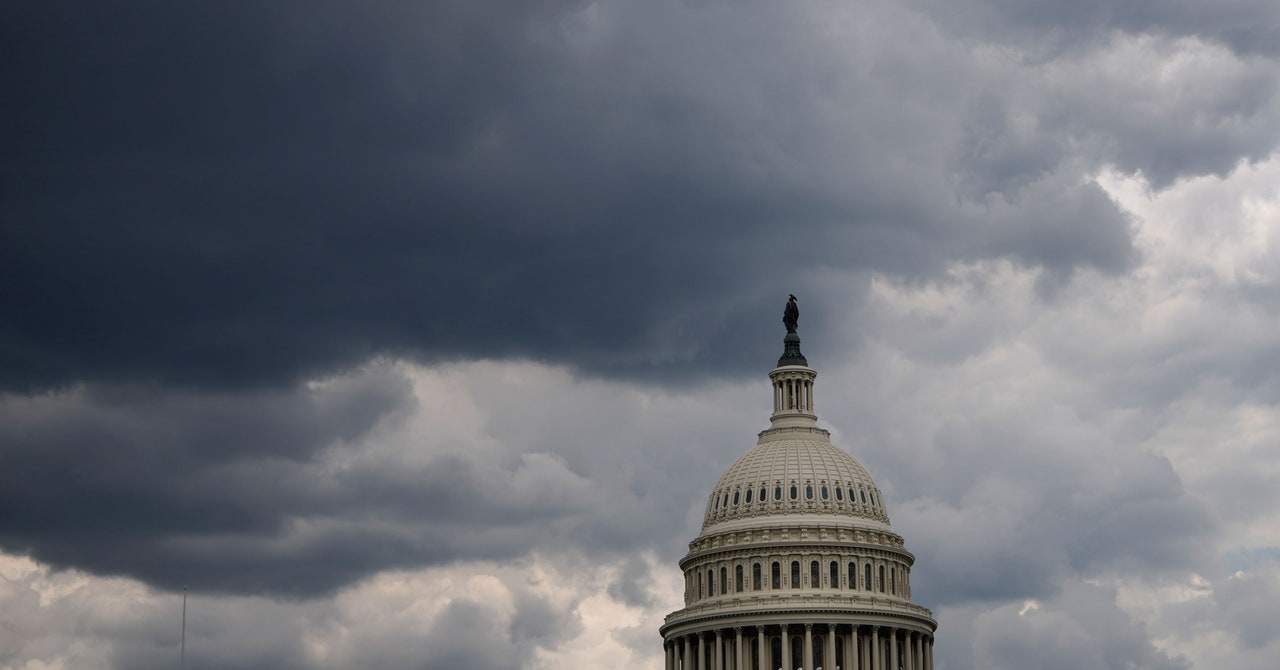[ad_1]
“I think that a lot of members of Congress have assumed that the digital asset industry could be on the back burner because it’s immature,” Lummis says. “It’s growing faster than people recognize. And now with Elon Musk announcing that he might use Twitter as a payment platform, I mean, this industry is much more mature than people realize. It’s time. It’s time to regulate. It’s time to put sideboards on this.”
Lummis isn’t merely a Republican. She’s Wyoming—a state that aims to be the “crypto capital” of the US. She was a founding member of the House Freedom Caucus. Like the caucus itself, she moved toward MAGA in recent years, but her libertarian streaks remain pronounced—and crypto’s the best thing since sliced bars of gold for the laissez-faire Lummises of the world.
As anti-regulation as Lummis is, she’s been out in front calling for constraints—“regulations,” even, though that’s still considered a four-letter word in most Republican circles. She wants bumpers, at the very least.
“There will still be companies that deal in digital assets that will fail even after they’re regulated, but at least we’ll have consumer protections and reporting—and the most important thing there is segregating the customers’ assets from the financial institution’s assets,” Lummis says. “What happened with FTX is they were lending out customer’s assets.”
This summer, the libertarian Lummis teamed up with liberal US senator Kirsten Gillibrand (D-New York) to drop the Responsible Financial Innovation Act, which promises “a complete regulatory framework for digital assets.”
It seeks, for instance, to draw a line between securities and commodities, giving the Commodity Futures Trading Commission (CFTC) more power to regulate cryptocurrencies. It also would establish an advisory committee to help lawmakers and regulators streamline this ever-evolving and perpetually confusing new world of digital currency.
“The industry wants regulation because they want to be able to separate out the wheat from the chaff,” Gillibrand says. “They want to be able to make sure those who are fraudulent are not allowed to participate in the market.”
In recent decades, Congress has dithered and failed to pass a comprehensive law protecting Americans’ digital assets—including our private secrets, like, say, our reproductive decisions—even as both parties have called for upending America’s digital norms. The Senate only recently learned that the most popular apps—from Facebook to YouTube—survive on ad money. Some members of Congress—I’m lookin’ at you, Chuck Schumer—still use flip phones. That’s likely why this is no crypto Congress, even as anti-regulatory forces abound from Bernie Sanders’ right to Donald Trump’s left.
“It’s a very volatile marketplace,” says US senator Rand Paul. “I think most people investing in it know that.” The Kentucky Republican, bearish on government regulation, is one of the few US lawmakers who’s truly in the crypto weeds.
“I’m still fascinated by some things that have not yet happened there that might. I think someday there might be a role for stable coin—where there’s an actual backing to the coin—to maybe compete with credit cards and be another form of exchange of transaction,” Paul adds. “The government doesn’t do a very good job regulating anything; it usually makes it worse.”
[ad_2]
Image and article originally from www.wired.com. Read the original article here.

